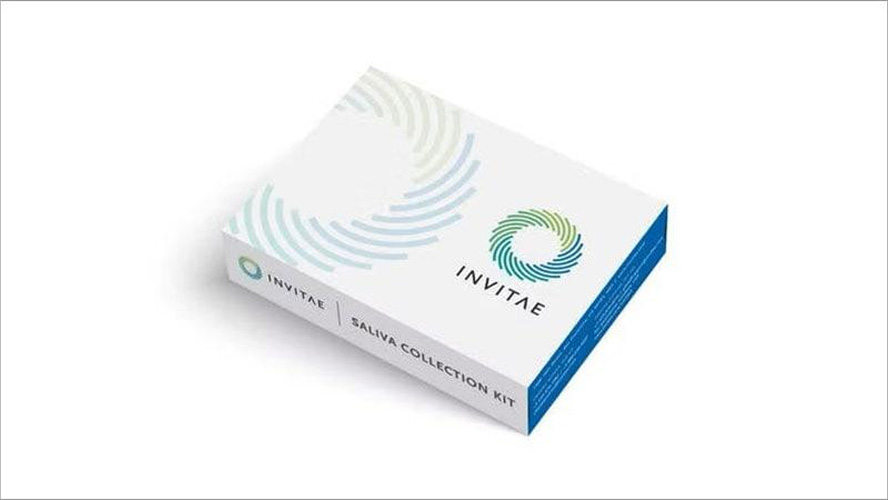A new DNA test system, the Common Hereditary Cancers Panel by Invitae Corp., has been granted marketing authorization by the US Food and Drug Administration (FDA). This system evaluates an individual’s genetic predisposition for certain cancers and is the first of its kind to receive such authorization. Here are the main points:
Test Overview: The test uses next-generation sequencing to assess germline human genomic DNA extracted from a single blood sample. The system detects substitutions, small insertion and deletion alterations, and copy number variants in a panel of 47 targeted genes.
Validation: The test’s approval followed the FDA’s review of over 9,000 clinical samples, which showed an accuracy of at least 99% for all tested variants in the 47 genes. These genes are associated with an increased risk of developing cancers like breast, ovarian, prostate, colorectal, and others.
Test Capabilities: The panel can identify genetic variants that increase an individual’s risk for certain cancers and can also help pinpoint potential cancer-related hereditary variants in patients already diagnosed with cancer. Notable genes detected by the system include BRCA1, BRCA2, and genes associated with Lynch syndrome.
Limitations: The test is not designed to identify all known genes related to a person’s potential predisposition for cancer. It’s also not intended for cancer screening or prenatal testing. The FDA advises patients to consult with healthcare professionals, such as genetic counselors, to discuss personal/family cancer history, which can aid in interpreting test results.
Safety Concerns: Risks include potential false positive and false negative results and the possibility of patients misunderstanding their cancer risk. A false negative might lead patients to skip recommended surveillance, while a false positive could result in inappropriate decisions and consequences.
Public Health Implications: The test can guide physicians in providing appropriate monitoring and potential therapy based on discovered variants. The FDA’s authorization of Invitae’s test has established a new regulatory category, allowing subsequent similar devices to undergo the FDA’s 510(k) premarket process.



